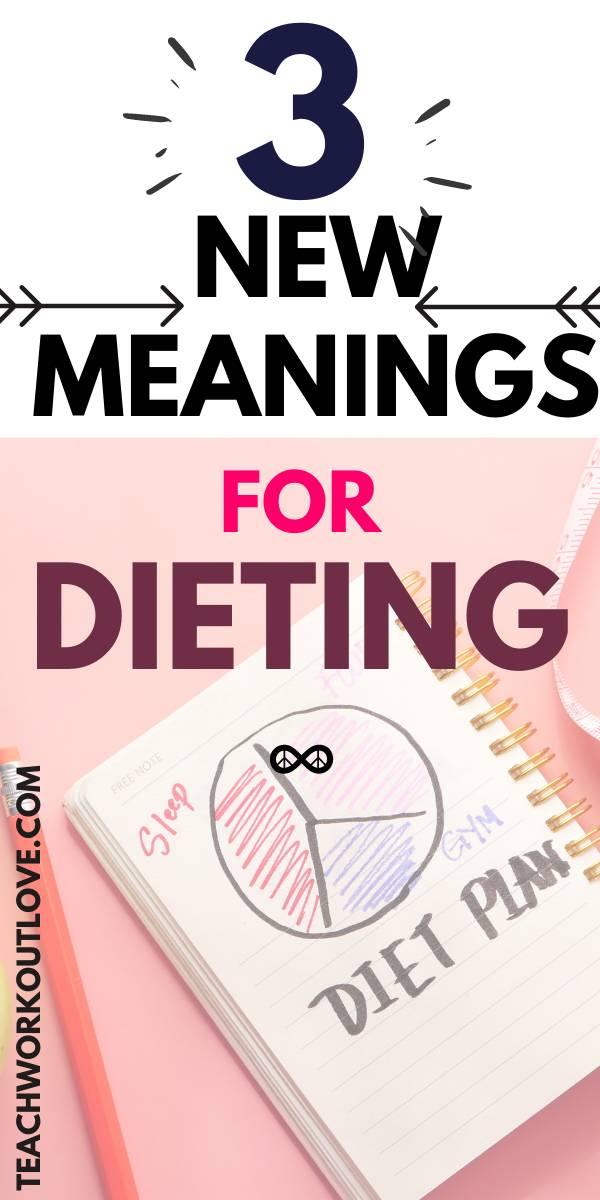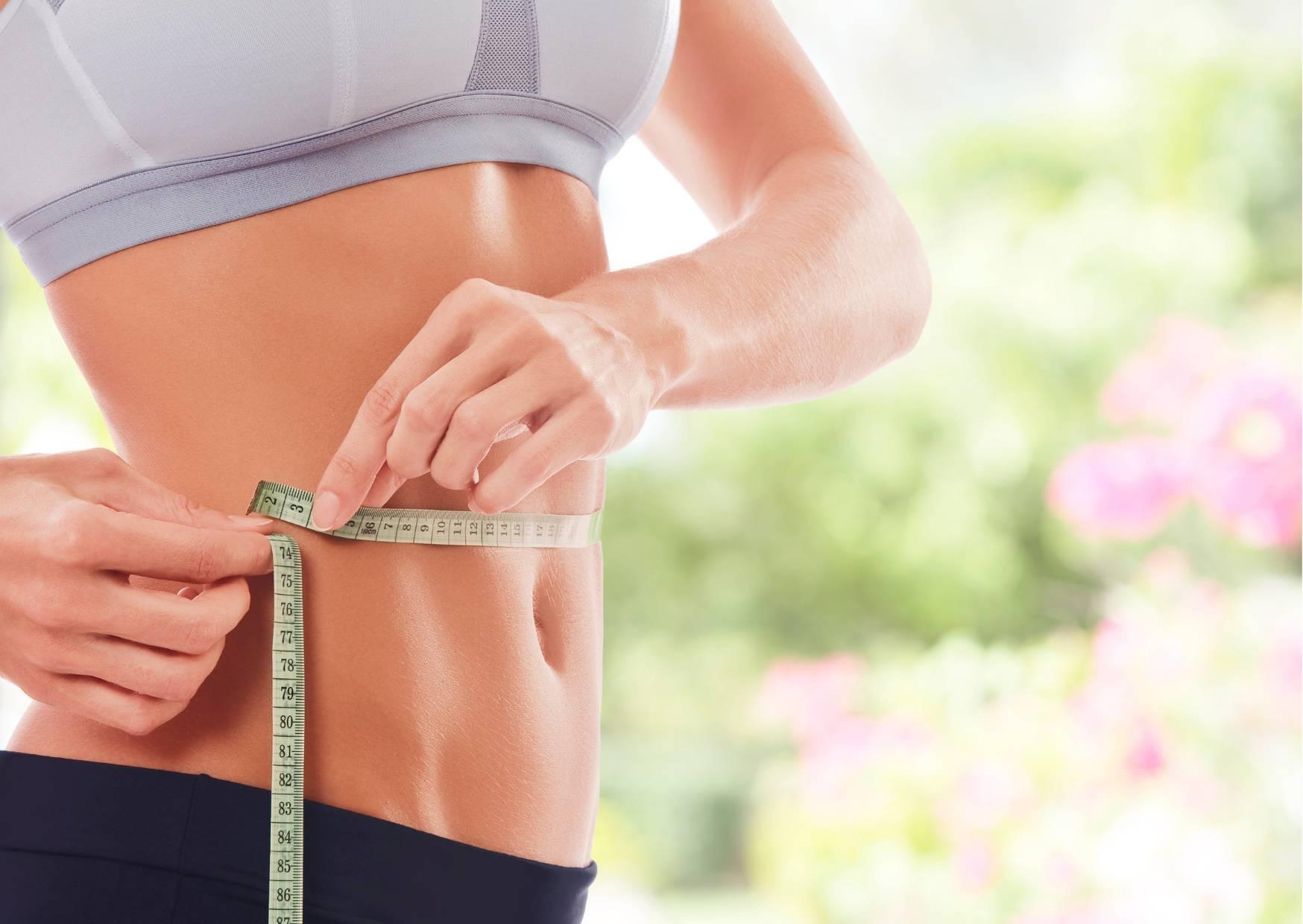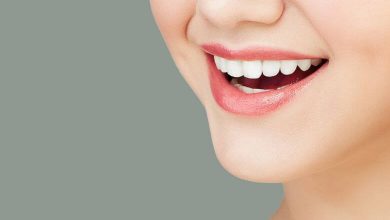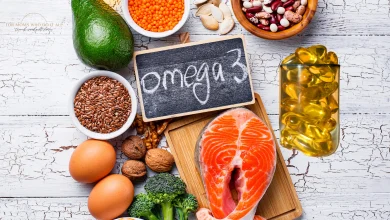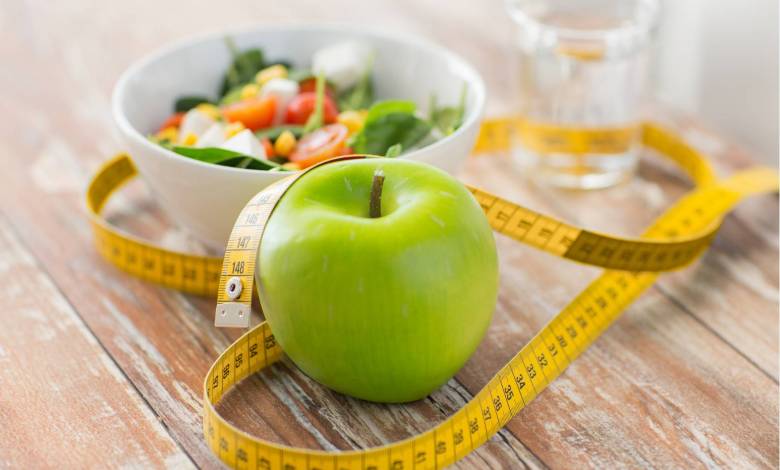
When we consider ‘healthy eating’, we typically assume it’ll do good for everyone. However, while that’s true to some extent, uniquely female dips and pressures do often require a more tailored outlook as to the foods needed to help us thrive.
Largely centering around the different stages of the menstrual cycle, our dietary choices can certainly impact seemingly female-specific problems, such as an increased risk of constipation, generally higher rates of obesity, and a higher need for certain vitamins and minerals.
Of course, that’s not to say that general healthy dietary focuses can’t also have a significant impact. But, it does mean that you might want to consider the more specific dietary needs of women at the following crucial times in life.
# 1 – When puberty hits
Up until puberty, male and female dietary requirements don’t differ much, but that quickly changes alongside hormonal shifts. Women experiencing puberty especially require more calories than they may have before (though generally still less than men), as well as an increased need for protein, iron, calcium, and zin.
Iron deficiency is especially common in young girls who have just begun menstruating, meaning that adolescent girls between the ages of 14-18 should aim to consume around 15 mg of iron per day through foods including lean meats, leafy greens, and whole grains.
# 2 – The childbearing years
Now happening for women anywhere between the ages of 25-30 or even beyond, nutritional status during both conception and pregnancy is especially crucial for fetal health, with particular attention paid to folate (folic acid) and vitamin D intake.
Advice does generally state that supplements are the best way to ensure adequate intake, though some pregnant women also choose to turn to natural sources such as sunlight for vitamin D and broccoli, chickpeas, etc. for folate. Iron also features at this stage, with pregnant women generally needing as much as 27 mg per day, a habit that they should continue during breastfeeding.
# 3 – The menopause
Healthy eating during the menopausal period, and even the decade or so before when a woman’s reproductive system begins to close down, is also essential for both limiting the symptoms (e.g. hot flushes, vaginal dryness, difficulty sleeping) and ensuring generally improved health in later life. Reduced estrogen levels after menopause have especially been linked to hearing loss, mood swings, and increased levels of anxiety.
Given that there are already clear links between diet and hearing loss (which is also more likely in women) and also between diet and mental health, positive dietary steps made early here can prove especially beneficial for health overall. Focuses here should include increased calcium intake for bone health, good fats like omega-3 for boosted hormone production, and also soy products rich in phytoestrogens (aka plant-based estrogen) to help women refuel.
Overall
Just as eating intuitively around your menstrual cycle can help you to feel good at every stage, adjusting your diet towards these times in life is guaranteed to help you to thrive if you simply keep these pointers in mind.
This post contains affiliate links and I may receive a commission, at no additional cost to you, should you purchase through one of my links. Please see my disclosure for more information.


